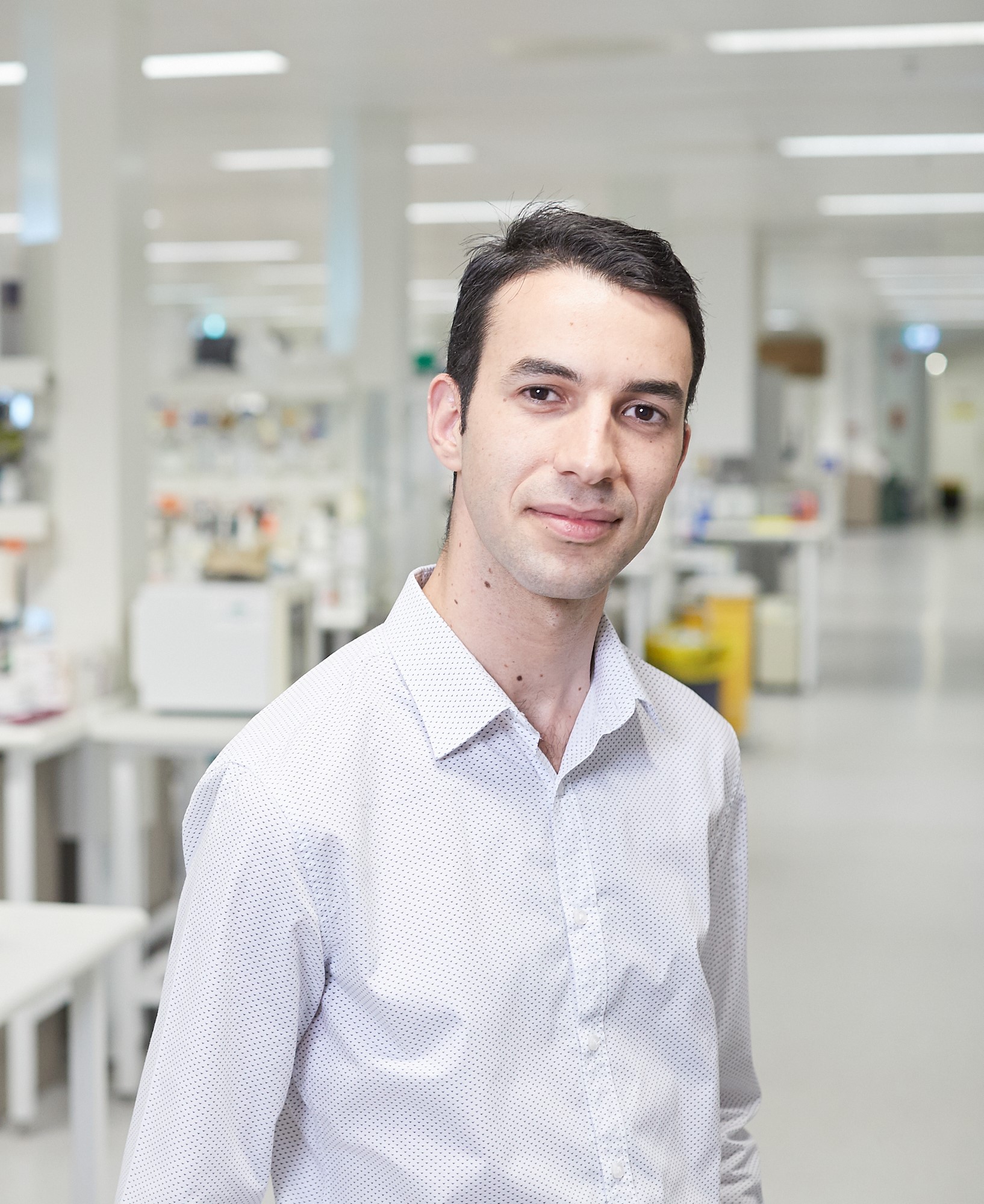
Keywords
Biography
John is a Post-Doctoral Research Fellow developing new therapeutic strategies for pancreatic cancer at UNSW Sydney. He is supervised by Professor Phoebe Phillips in the Lowy Cancer Research Centre. John completed his PhD in 2022 at UNSW, entitled: 'Reprogramming Pancreatic Cancer Cells to Surrender to Microenvironmental Death Signals'. His PhD was supported by the highly prestigious UNSW Scientia PhD Scholarship and won multiple awards...view more
John is a Post-Doctoral Research Fellow developing new therapeutic strategies for pancreatic cancer at UNSW Sydney. He is supervised by Professor Phoebe Phillips in the Lowy Cancer Research Centre. John completed his PhD in 2022 at UNSW, entitled: 'Reprogramming Pancreatic Cancer Cells to Surrender to Microenvironmental Death Signals'. His PhD was supported by the highly prestigious UNSW Scientia PhD Scholarship and won multiple awards including Winner of the 2019 UNSW 3-Minute Thesis Competition, and has presented his work in several high impact publications and at national and international conferences. John was awarded a grant from Tour de Cure where he established and characterised a world-first model of growing human pancreatic tumours in the lab.
My Awards
- Outstanding Contribution to Research Award, Faculty of Medicine & Health UNSW
- Young Investigator Award, American Pancreatic Association
- Outstanding Achievement in Research Award, Australian Society for Medical Research
- Winner at UNSW 3-Minute Thesis Final 2019
- Health & Medical Research Early Career Award – Open Junior Division, Tow Coast Association
- Bioscience Reports Best Poster Award, Avner Pancreatic Cancer Foundation
- Tour de Cure PhD Support Scholarship
- UNSW Scientia PhD Scholarship
- Shortlisted by UNSW for CSL Florey Next Generation Award
My Research Activities
Pancreatic cancer is the deadliest of all major cancers. A major driver of the aggressive nature of this hideous disease is the dense fibrotic scar tissue surrounding pancreatic tumours which acts like a fortress to protect and support the tumour. John's PhD developed an innovative method to grow whole pieces of human pancreatic tumours in the lab, thus mimicking the tumour and its surrounding 'fortress'. Down the track, this breakthrough will allow researchers to test chemotherapy drugs on each patient's individual tumour to inform personalised treatment for pancreatic cancer. Our multidisciplinary team is also developing a state-of-the-art nanomedicine to break through the tumour 'fortress' and deliver death signals to pancreatic cancer cells.